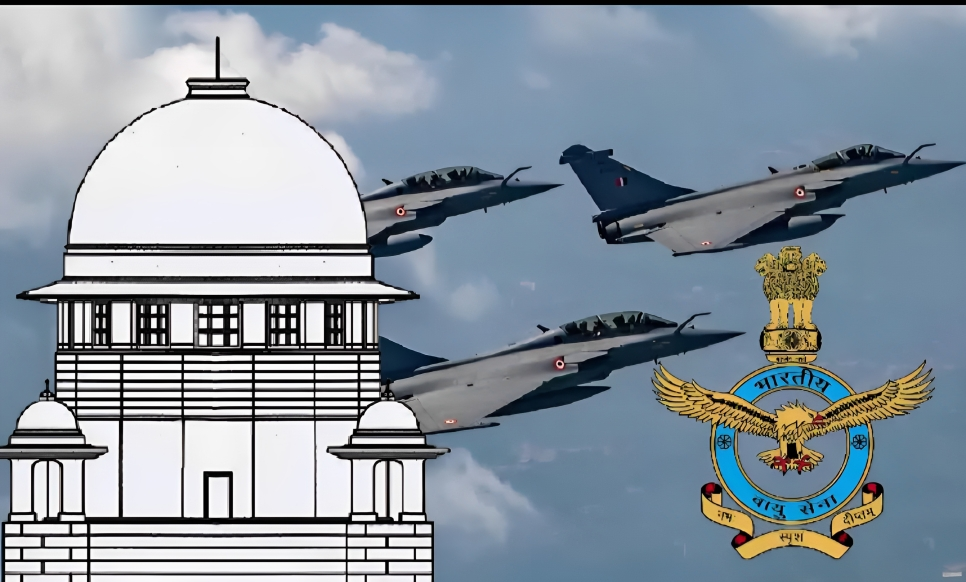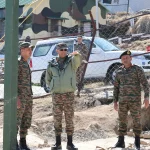In a significant constitutional ruling, the Supreme Court has held that the Air Force School in Bamrauli, Allahabad, does not qualify as a ‘State’ or ‘authority’ under Article 12 of the Constitution. The verdict, delivered by a 2:1 majority on May 27, 2025, means that writ petitions filed by employees of such schools are not maintainable under Article 226.
The judgment was pronounced by a three-judge bench comprising Justices Abhay S. Oka, Ahsanuddin Amanullah, and Augustine George Masih. Justices Oka and Masih delivered the majority opinion, while Justice Amanullah dissented.
The case involved two appeals filed by former employees of the school, who had challenged their terminations by invoking writ jurisdiction. The Division Bench of the Allahabad High Court had previously ruled that the Air Force School, managed by the Indian Air Force Educational and Cultural Society, was not a ‘State’ under Article 12, thereby rejecting the maintainability of writ petitions.
The Supreme Court upheld the High Court’s findings, observing that there was no conclusive evidence showing that the Indian Air Force or the Government of India exercised direct control over the management or finances of the school. The Court emphasized that the Society, under which the school operates, is a private, non-profit welfare body not governed by statutory rules.
The Court further noted that although some financial resources may have originated from welfare funds, there was no proof of any ongoing public funding or government regulation. The Education Code that governs the schools was found to be a private, non-statutory document issued by the Society’s Board of Governors.
In a detailed dissenting opinion, Justice Ahsanuddin Amanullah disagreed, asserting that the Air Force retains pervasive control over the school. He emphasized that the institution was set up and managed by the Indian Air Force as part of its welfare measures and that significant financial, administrative, and personnel decisions were made by IAF officers.
He cited evidence such as the construction of the school on IAF land, use of welfare funds contributed by Air Force personnel, and the appointment of IAF officers in key administrative roles as indicators of all-encompassing control. Justice Amanullah argued that the school performs a public function—providing education—and that it should therefore be accountable under Article 12.
He also challenged the classification of the funding as “non-public,” noting that such funds enjoy tax exemptions and indirect government support, thus carrying the character of public money.
With this ruling, the Supreme Court has reaffirmed a narrow interpretation of what constitutes ‘State’ under Article 12, at least in the context of welfare institutions run by military-affiliated societies. However, the dissent signals an ongoing debate over the extent of accountability such institutions should bear under public law.













